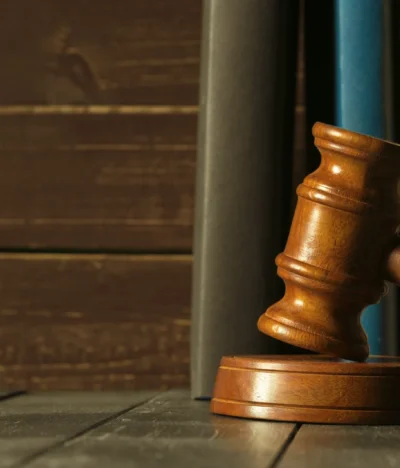Disclaimer: The information in this article is intended for general information only. It does not constitute legal advice and should not be treated or relied upon as such. It is provided without any representations or warranties, express or implied.
Guarantees are a form of suretyship which allow either a company or an individual, regarded as the guarantor, to agree to be liable for the obligations of another, the principal. The principal owes obligations to a third party to repay a specified amount by or on a specified date, and should they default on these obligations, the guarantor is obligated to repay the third party instead. Ultimately, guarantees act as a form of security for performance of contract. Examples of guarantees would be to a bank or to a landlord where the creditor will be more likely to give out a loan/a tenancy if assured that they will be repaid. Many guarantees are personal, which means an individual will be liable to repay the amount due from their own assets. Therefore, many who give out personal guarantees are eager to see if there are any loopholes which will excuse them from having to repay out of their own pocket.
How you can challenge a guarantee
Unenforceable Contract:
Suretyships are a form of contract, which means they must adhere to legal formalities in order to be enforceable. The guarantee must be evidenced in writing and signed by the guarantor. Further, it must be established that the guarantor has secondary liability, and there must be offer, acceptance, consideration, an intention to be legally bound and capacity.
When assessing whether the guarantee is enforceable, the court will look at these requirements closely. They will also look at the guarantees interpretation and how ambiguous it is, including whether the contract contains a second liability clause or not. In instances of obscurity, the ‘contra-proferentem’ rule applies, which means any ambiguities will be construed against the creditor. The court will also look at the title of the document, its substance and its form. If the court determines that either the legal formalities are not met, or the guarantee is too elusive, they may deem the guarantee unenforceable.
Limitation Periods:
A creditor must bring a claim for the personal guarantee within the statutory limitation period under the Limitation Act 1980. For a breach of contract, this is six years from the date of the breach. For a deed, this is 12 years from the date of the breach. A guarantee being deemed unenforceable due to a creditors failure to claim within the limitation period is extremely rare, however, should be watched out for.
External circumstances which may make a guarantee unenforceable
- There has been a breach of the equitable principles by the creditor. This includes where the creditor has dealt with the guarantee negligently or has altered the liability of the principal without the guarantor’s knowledge or consent;
- The terms of the guarantee are deemed unfair according to The Unfair Terms in Consumer Contracts Regulations 1999;
- The guarantee provided was undermined by undue influence, negligent isstatement/misrepresentation or civil fraud;
- A variation is made by the creditor and the principal in a way the guarantor would not have expected;
- A material fact has changed which would have affected the guarantor signing/the creditor failed to inform the guarantor of something that affected the relationship between the creditor and principal;
- Facilities provided by the creditor have changed dramatically and the guarantor did not know about it;
- A condition precedent to the guarantee was agreed and never satisfied;
- The creditor repudiated the contract, and the guarantor accepted the repudiation; and
- Incorrect procedure was used by the creditor to the guarantor upon its claim.
Personal guarantees are becoming increasingly common, and creditors are extremely quick in taking action. The above demonstrates a non-exhaustive list of ways in which an individual, or company, can challenge a guarantee and potentially avoid paying a creditor altogether. If you have provided a personal guarantee and a creditor is seeking to enforce it, you may be able to challenge its validity and our solicitors here at Arlingsworth are able to provide expert advice and support on your matter.
Contact Arlingsworth Solicitors Today
At Arlingsworth Solicitors we specialise in advising clients about the implications of personal guarantees. Our dedicated team of litigation experts are on hand 24/7 to provide specialist advice and guidance. Please contact us on +44 (0) 1273 696962. Alternatively, request a callback, or email info@arlingsworth.com. You can also follow us on Facebook, Twitter and LinkedIn for any other important news and updates.







